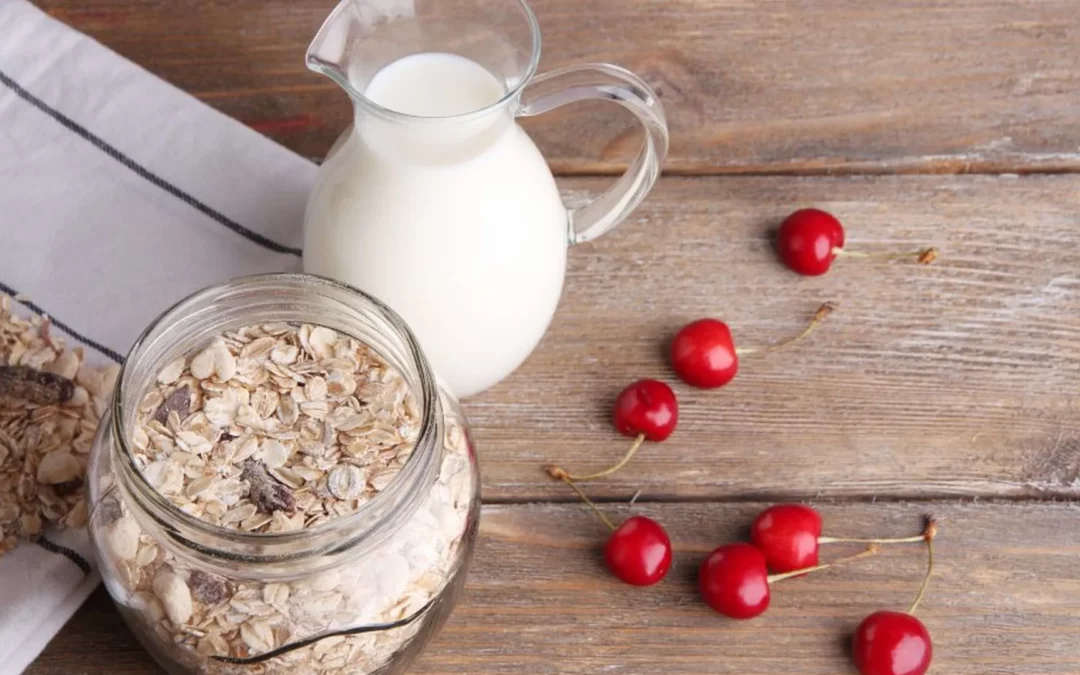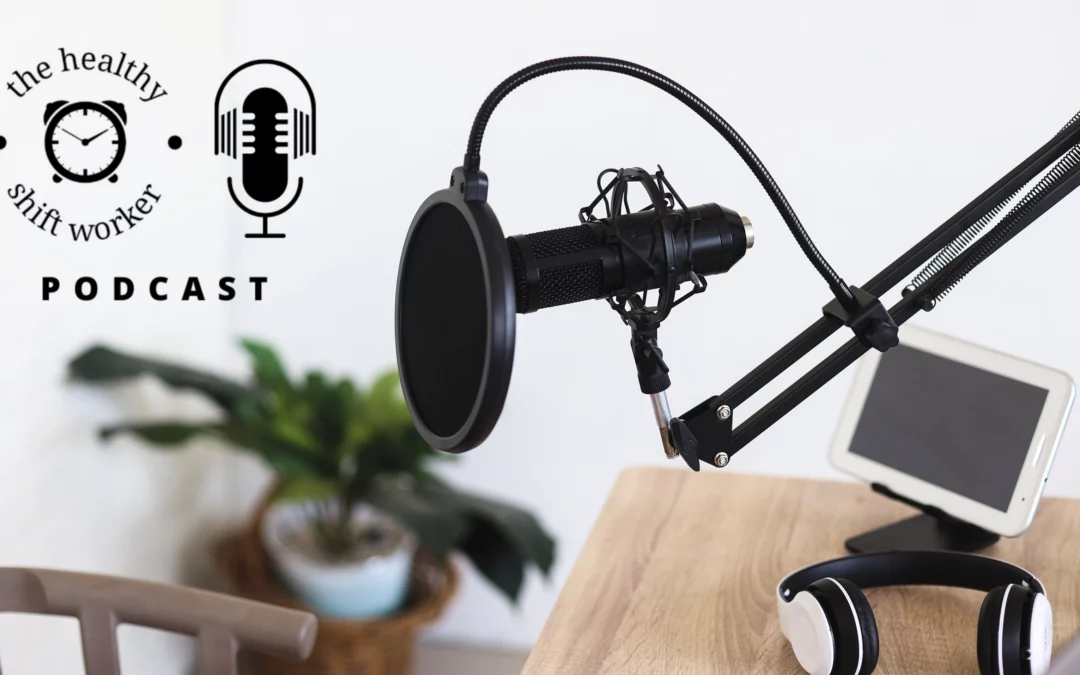
by Audra Starkey | Jun 19, 2017 | Nutrition, Recipes
What’s great about them? The beauty of overnight oats, is they can be made the night before so make for a great breakfast option after night shift. Cherries contain melatonin, a hormone required to induce sleep. Both oats and cherries contain tryptophan, which help...

by Audra Starkey | Jun 14, 2017 | HSW, Podcast
Healthy Shift Worker Podcast Episode: As shift workers, we certainly understand how working irregular hours causes havoc on our sleep, but something most of us don’t even think about, is how our home environment may be disrupting our sleep. In this episode I chat with...

by Audra Starkey | Mar 6, 2017 | Uncategorised
Have you ever noticed how some of your workmates seem to have this amazing ability to cope with working 24/7 ? In other words, no matter how much time you invest in eating well, exercising and resting, your colleagues seem to be able to “bounce back” from...

by Audra Starkey | Feb 16, 2017 | Uncategorised
I think we can all agree that night shift is pretty tough, actually let’s not sugar coat it, it’s incredibly tough. Considering human beings, or more specifically shift workers, are the only creatures on the planet to completely disobey their biological...

by Audra Starkey | May 22, 2016 | Nutrition, Sleep
One of the most common questions I get asked by shift workers in our student clinic at Endeavour College of Natural Health in Brisbane is – “What should I eat and when?” This is a great question given shift workers rarely eat breakfast at...





